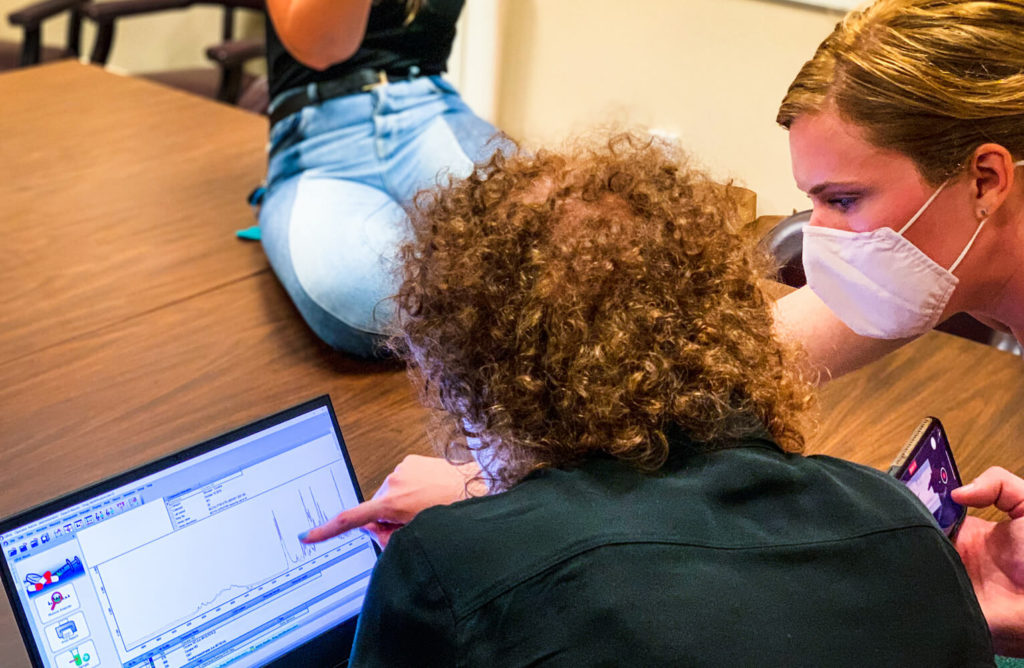 With new grant funding, Nabarun Dasgupta Ph.D. ’13 , Gillings Innovation Fellow at the UNC-Chapel Hill Gillings School of Global Public Health and senior scientist at the UNC Injury Prevention Research Center, will work with colleagues across Carolina to develop systems to detect and issue public warnings about dangerous adulterants in street drugs.
With new grant funding, Nabarun Dasgupta Ph.D. ’13 , Gillings Innovation Fellow at the UNC-Chapel Hill Gillings School of Global Public Health and senior scientist at the UNC Injury Prevention Research Center, will work with colleagues across Carolina to develop systems to detect and issue public warnings about dangerous adulterants in street drugs.
The funding from the Foundation for Opioid Response Efforts (FORE) will support his work to develop processes and guidelines for chemical drug testing along with systems to alert the public about potential dangers — an approach that he calls “underutilized.”
“Drug checking is an essential public health response to novel psychoactive substances and adulterants that are treacherous,” said Dasgupta. “Our team is bringing together advertising, epidemiology and chemistry to generate timely data to reduce overdose deaths.”
Punitive drug policies have coincided with an intensifying opioid and overdose crisis, but evidence increasingly points to the superior effectiveness of a harm reduction approach that protects people who use drugs from the worst health outcomes rather than punishing them. This approach also provides a platform to connect people to other services, such as syringe exchange or treatment for substance use disorder. The drug-checking work is co-led by Mary Figgatt, a doctoral student in the UNC Gillings Department of Epidemiology, and the UNC Department of Chemistry Core Laboratory. Using state of the art mass spectrometry machines, the Core Laboratory has collaborated with Dasgupta’s team for a year and a half to develop new methods to stay ahead of the ever-changing drug supply in North Carolina.
Together they will work with seven community-based harm reduction programs from all regions of North Carolina, to conduct the first-ever street drug assessment focused on public health, backed by sophisticated machine learning techniques.
Read the Complete Carolina Story…

 With new grant funding,
With new grant funding,